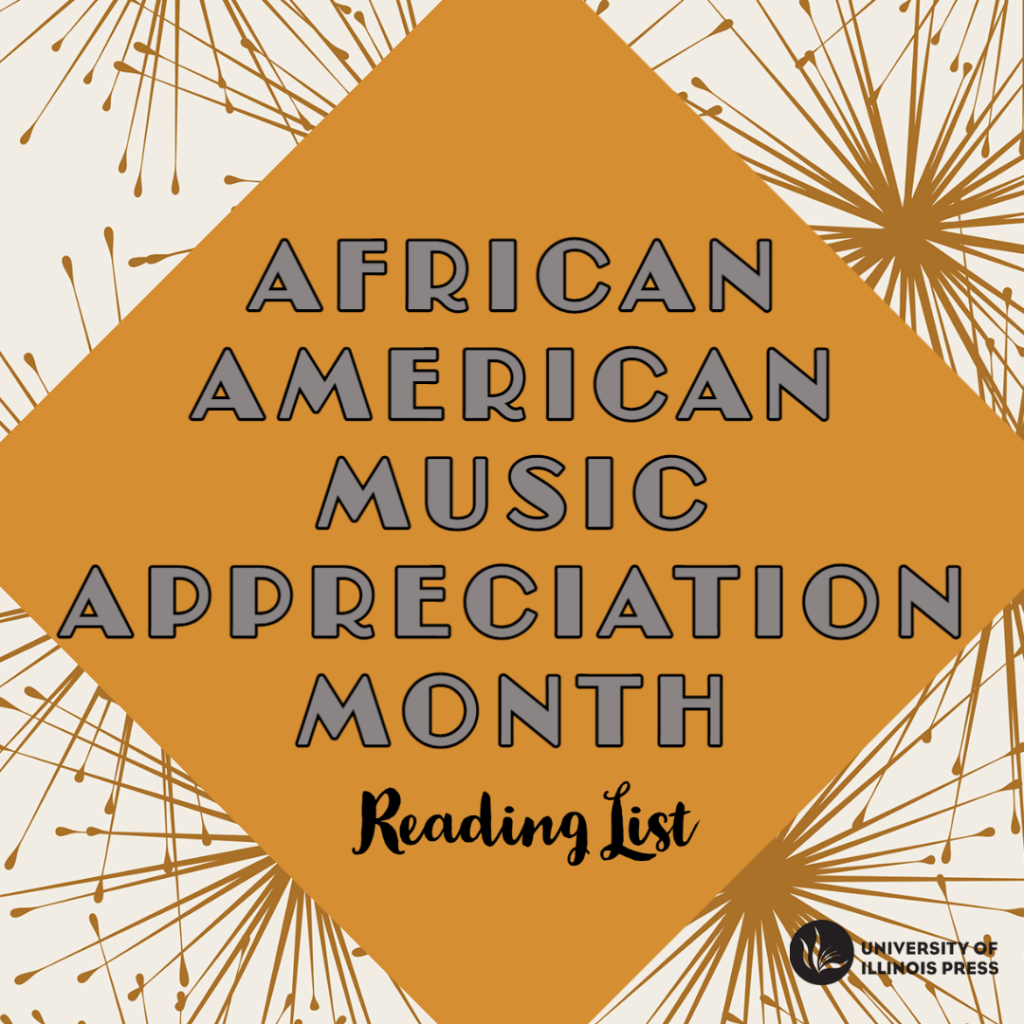Created by President Jimmy Carter in 1979, this month celebrates the African American musical influences that comprise an essential part of our nation’s treasured cultural heritage. Let’s dig in with some of our newest and well-loved publications!
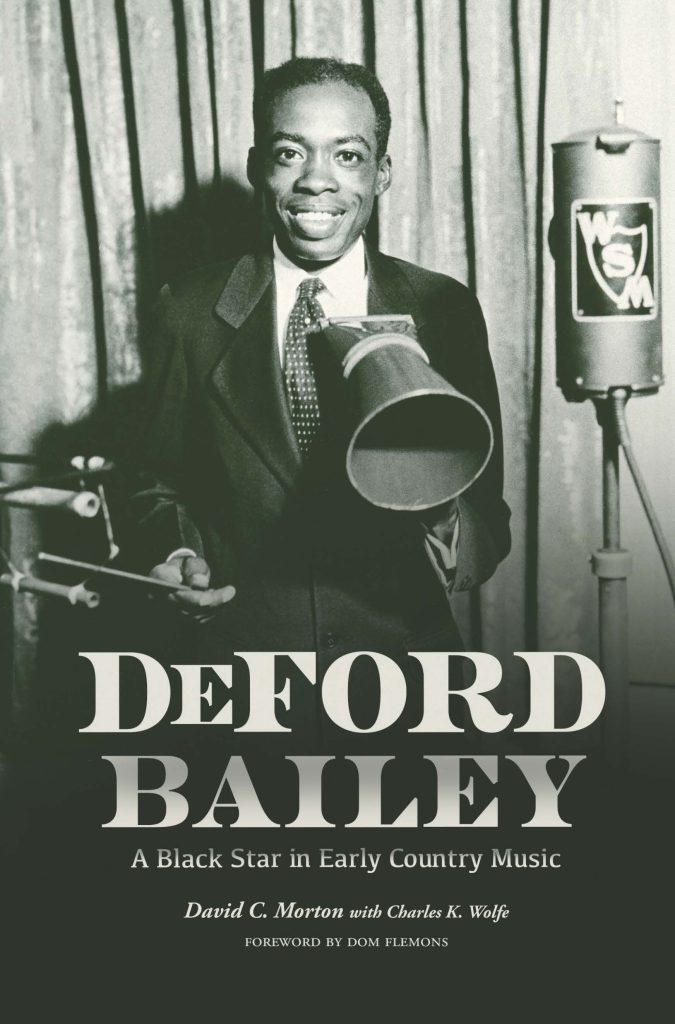
DeFord Bailey: A Black Star in Early Country Music
David C. Morton with Charles K. Wolfe
Foreword by Dom Flemons
A founding member of the Grand Ole Opry and the program’s first Black star, DeFord Bailey (1899-1982) was among the Opry’s most popular early performers. Known as the “Harmonica Wizard” for his virtuosity on the instrument, he was also a singer, guitarist, banjoist, and composer.
For decades following his departure from the Opry, the story of this extraordinary musician—who toured with such popular Opry acts as Roy Acuff, Bill Monroe, and the Delmore Brothers—was shrouded in mystery. This meticulously researched biography, long out of print, tells the story of a pioneering Black star in early country music in rich and fascinating detail. The book’s original publication in 1991 helped pave the way for Bailey’s election to the Country Music Hall of Fame in 2005.
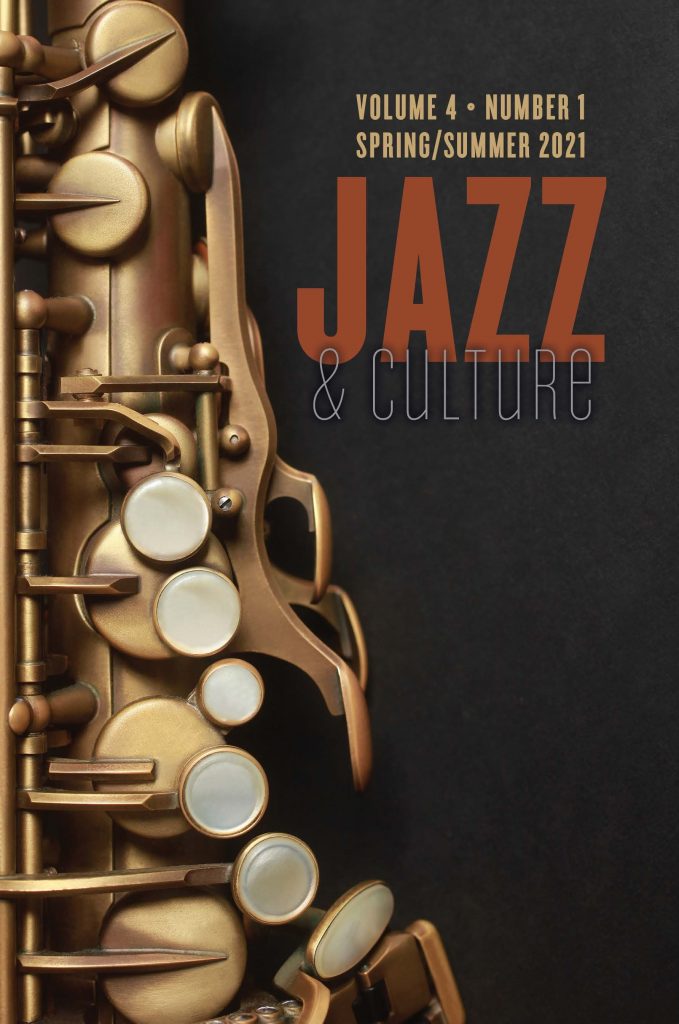
“‘The Root of All of This Music’: Randy Weston’s Pan African Approach to Music Education” by James Gordon Williams
Williams underscores pianist and composer Randy Weston’s (1926–2018) political philosophy through interpreting his comments on musical education and Black activism. The core of this argument is based on an April 15, 2015, interview he conducted with Weston. He contends that Randy Weston’s artistic accomplishments, transnational cultural work, and music philosophy help us understand how Eurocentric music education is intolerant, insular, and intellectually isolated.
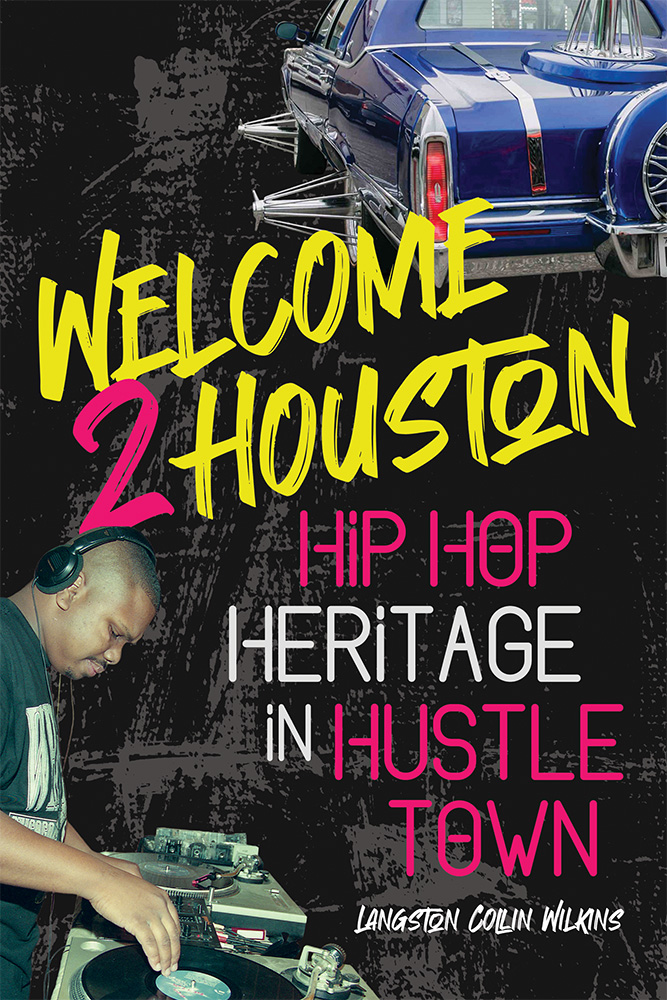
Welcome 2 Houston: Hip Hop Heritage in Hustle Town
Langston Collin Wilkins
A vivid journey through a southern hip hop bastion, Welcome 2 Houston offers readers an inside look at a unique musical culture.
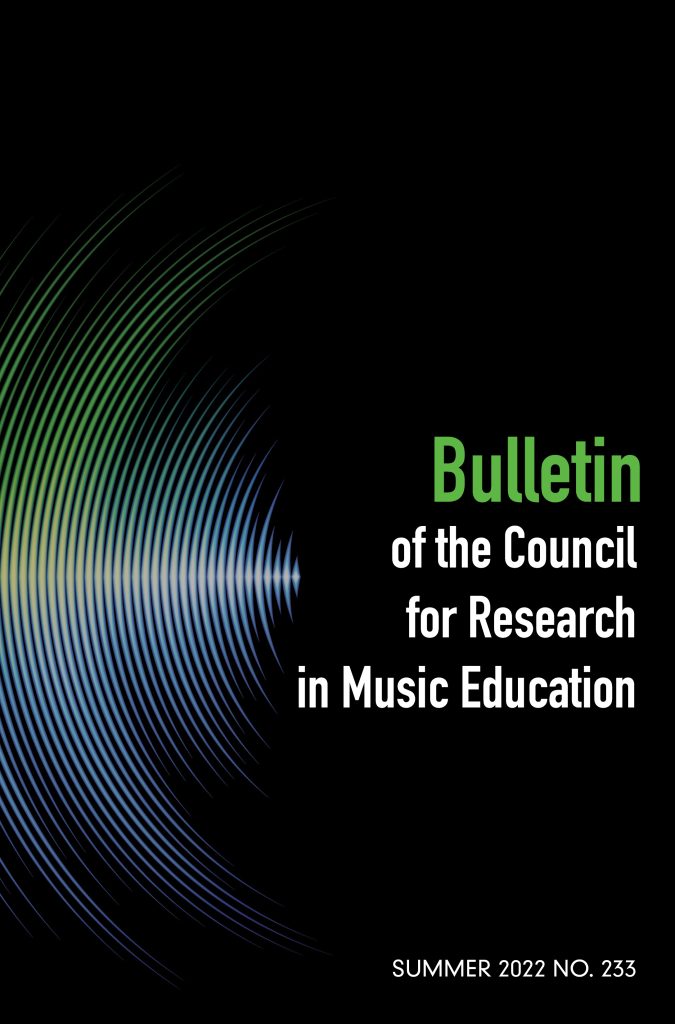
Bulletin of the Council for Research in Music Education
“Three Black Gospel Music Experts on Preparing, Teaching, and ‘Being’ in the African American Aural-Oral Tradition” by Whitney A. Covalle
The purpose of this multiple case study was to gather musical and nonmusical perspectives from three experts on teaching Black gospel music in the African American aural-oral tradition. Expert agreement emerged regarding teaching processes as a nonmusical “state of being” deeply infused with cultural, community, and spiritual values, and they advocated for teaching gospel music in schools to offer students the opportunity to participate in the accessible, inclusive, participatory, and communal experience available in gospel music.
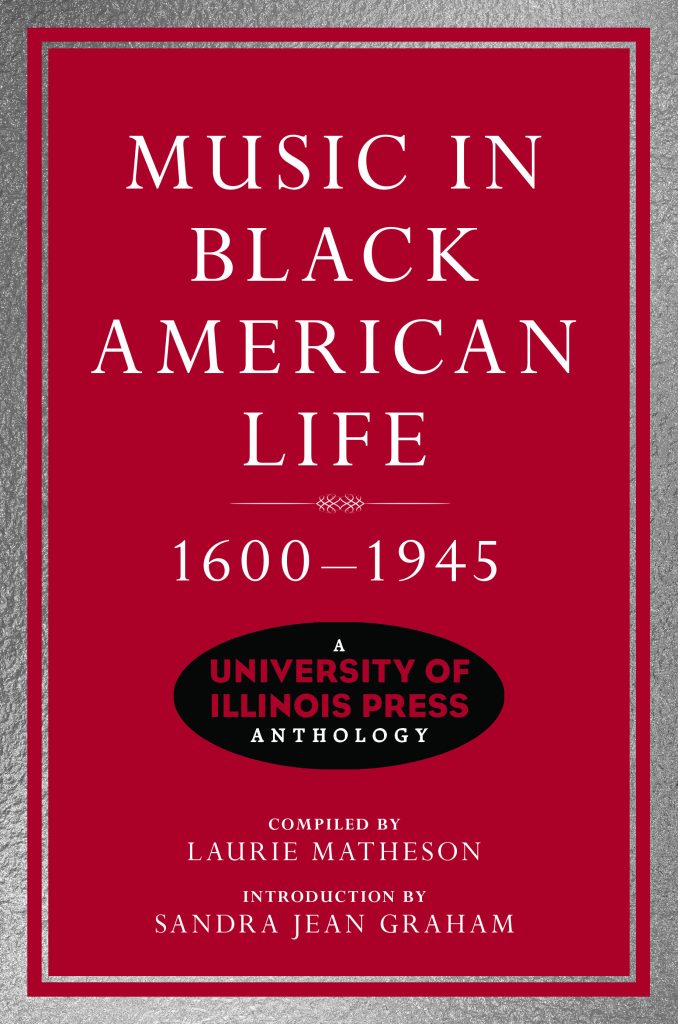
Music in Black American Life, 1600-1945: A University of Illinois Press Anthology
Compiled by Laurie Matheson
Introduction by Sandra Jean Graham
Eclectic and essential, Music in Black American Life, 1600–1945 offers specialists and students alike a gateway to the history and impact of Black music in the United States.
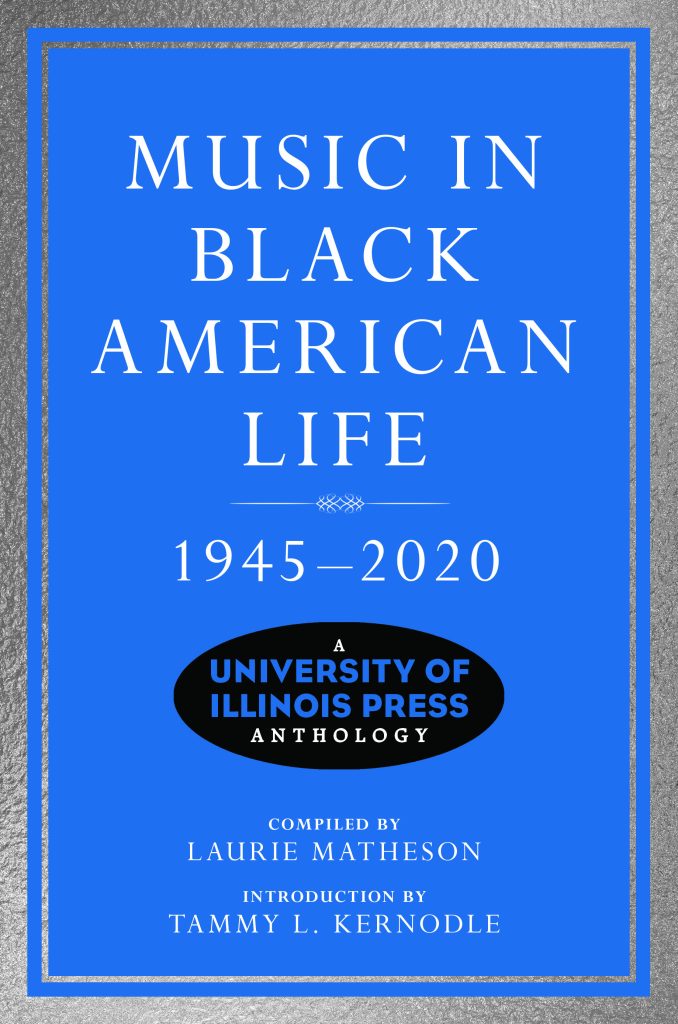
Music in Black American Life, 1945-2020: A University of Illinois Press Anthology
Compiled by Laurie Matheson
Introduction by Tammy L. Kernodle
Part sourcebook and part survey of historic music scholarship, Music in Black American Life, 1945–2020 collects groundbreaking work that redefines our view of Black music and its place in American music history.
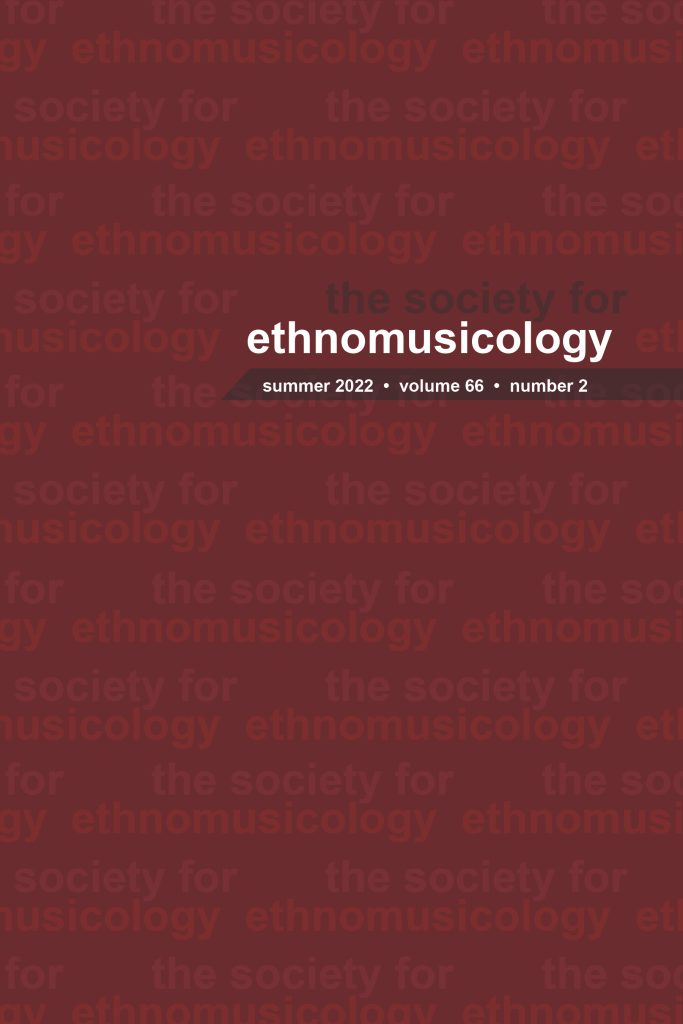
“Listening to Kora in New York City: Constructing Africa and Blackness in the United States” by Althea SullyCole
Drawing upon ethnographic fieldwork with New York City-based musicians, this article observes how the kora, a twenty-one stringed harp from the Mandé region of West Africa, has become integrated into a Black cultural expression in the United States.?It highlights the disjunctures between migrant West African kora players and Black musicians and audiences in the United States that result from particular modes of listening.
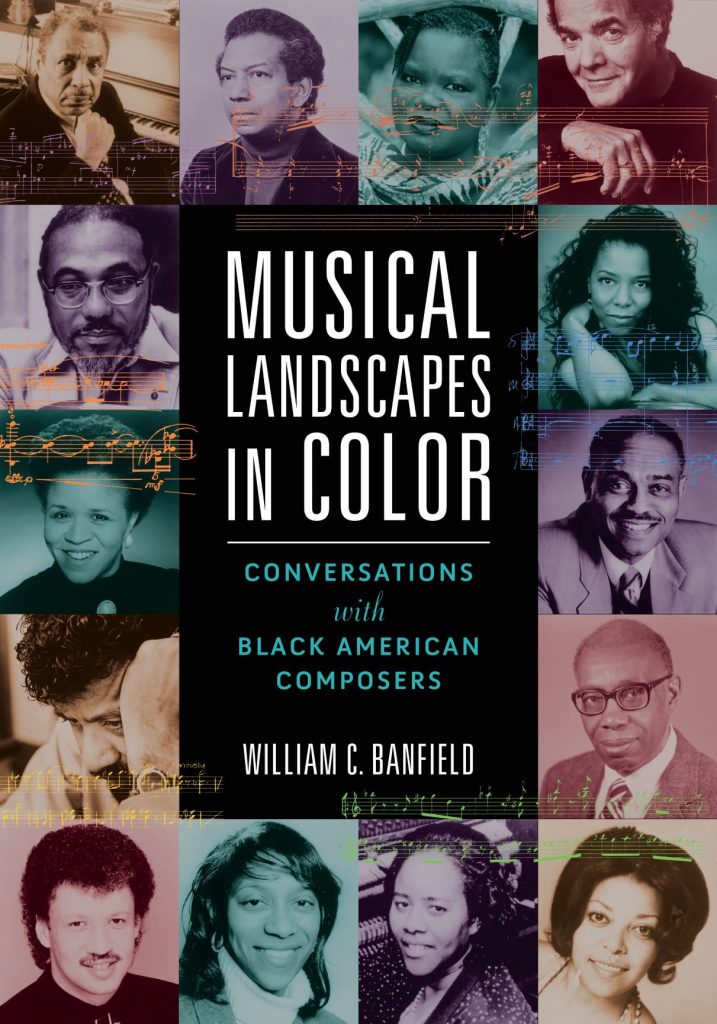
Musical Landscapes in Color: Conversations with Black American Composers
William C. Banfield
Now available in paperback, William C. Banfield’s acclaimed collection of interviews delves into the lives and work of forty-one Black composers.
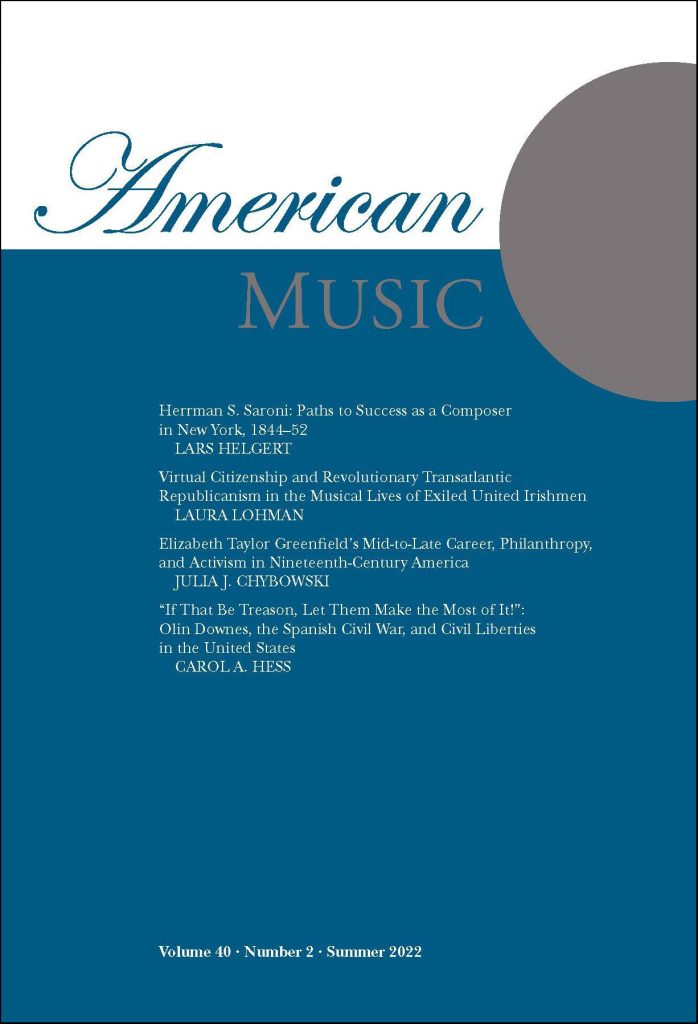
“Elizabeth Taylor Greenfield’s Mid-to-Late Career, Philanthropy, and Activism in Nineteenth-Century America” by Julia J. Chybowski
This article interprets the influence and groundbreaking career of Elizabeth Taylor Greenfield, an African American singer. Her musical and philanthropic career lasted until her death in 1876. Early on,?she necessarily relied on the introductions, patronage, and management provided by white Americans and aristocratic British abolitionists, but her activities from the mid-1850s onward reveal Greenfield’s intentional moves to manage her own affairs and shape her legacy.
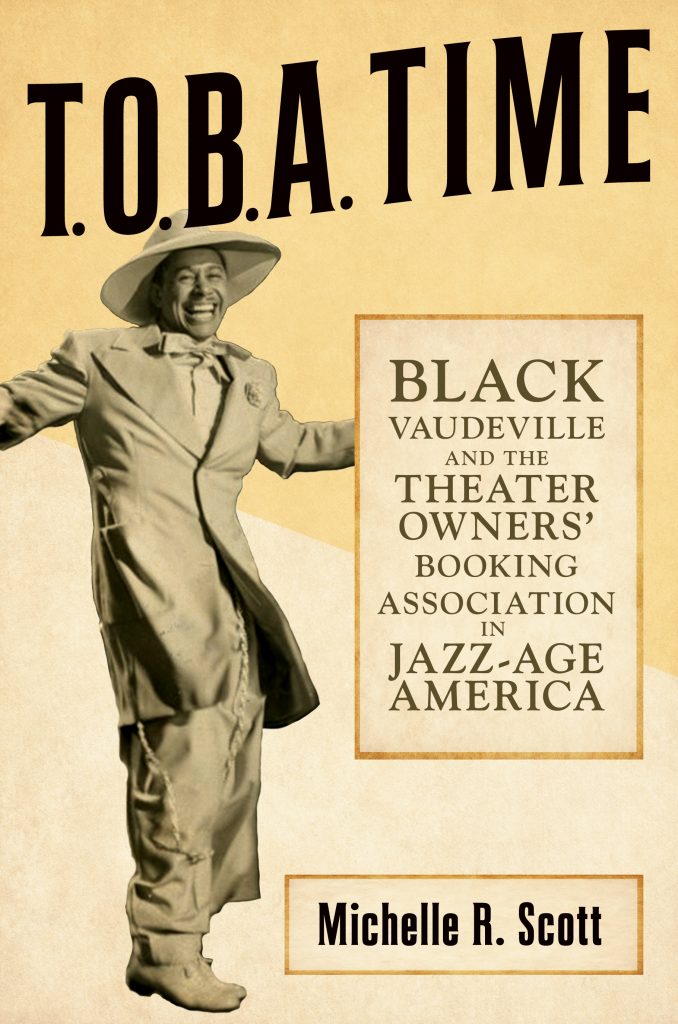
T.O.B.A. Time: Black Vaudeville and the Theater Owners’ Booking Association in Jazz-Age America
Michelle R. Scott
Clear-eyed and comprehensive, T.O.B.A. Time is a fascinating account of black entertainment and black business during a formative era.

